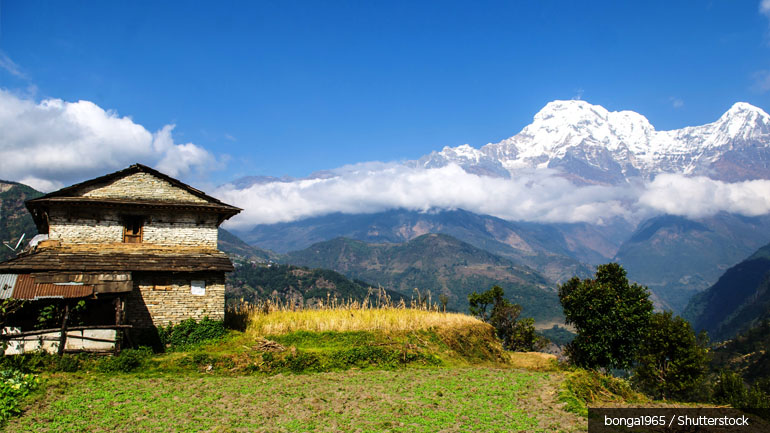
Context
In Nepal, forests are crucial for both environmental health and the livelihoods of local communities. However, despite covering 44% of the country's land area, forest productivity remains below its potential. The Government of Nepal (GoN) aims to enhance its economic status and fulfill global environmental commitments, but challenges such as land degradation and conflicting management roles have complicated these efforts, particularly since the federalization process began in 2015. Addressing these challenges is essential for sustainable forest management and reducing greenhouse gas emissions.
Approach
PROGREEN’s investment program in Nepal constitutes additional financing to the Forests for Prosperity Project, with a view to scaling up project impacts. PROGREEN supports an integrated forest landscape management approach in Nepal, focusing on shifting the forest sector from subsistence to sustainable use. The program aims to clarify roles and responsibilities among various government tiers, enhance collaboration among sector entities, and improve coordination among development partners. Key activities include providing workshops to build capacity within government agencies, facilitating stakeholder consultations for drafting sustainable forest regulations, and developing a position paper on the Water-Agriculture-Forest (WAF) nexus. A national-level forum will be established to foster multi-sector engagement and participation among relevant stakeholders, aligning with the government’s development objectives and the World Bank’s Country Partnership Framework.
Results
PROGREEN’s program began in 2024 and is set to yield significant outcomes over the next five years. Expected results include an increase in the area of targeted landscapes under sustainable use, the development of climate-resilient infrastructure, and the restoration and management of degraded land. Additionally, the program aims to contribute to a measurable reduction in greenhouse gas emissions. By promoting the participation of women and Indigenous Peoples in decision-making processes and ensuring equitable benefit distribution from community-managed forests, PROGREEN strives to enhance socio-economic benefits while protecting vital ecosystem services.